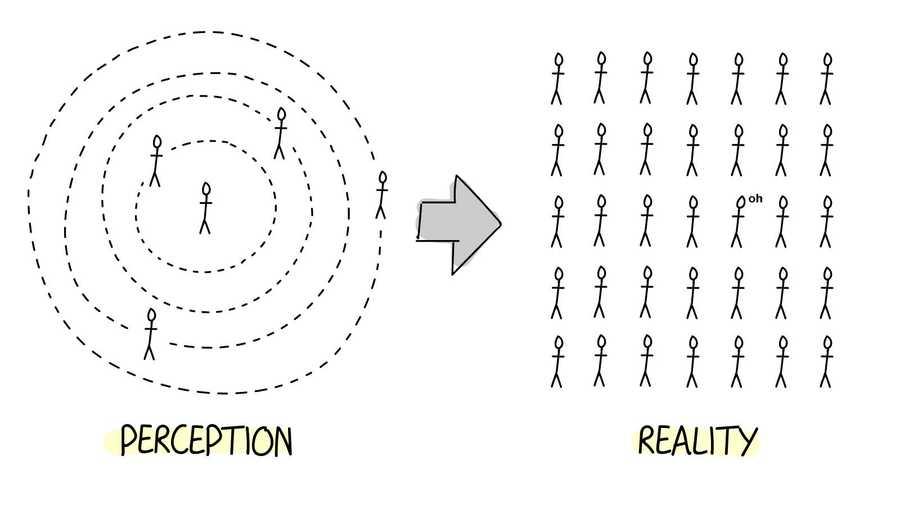Magnification
It happens when we take our own errors or flaws and exaggerate them.
We take small negative events and turn them into disasters in our minds.
960
2.59K reads
CURATED FROM
10 Types of Negative Self-Talk (and How to Correct Them) | Nick Wignall
nickwignall.com
11 ideas
·28.8K reads
IDEAS CURATED BY
If you don't measure it, you can't improve it. Working on my own personal gols and objectives.
The idea is part of this collection:
Learn more about personaldevelopment with this collection
Conflict resolution
Motivating and inspiring others
Delegation
Related collections
Similar ideas to Magnification
6. The Goal of Self-Awareness Is Self-Acceptance
- Self-awareness is wasted if it does not result in self-acceptance. If great self-awareness is coupled with self-judgment, then you’re merely becoming more aware of all the ways you deserve to be judged.
- Empathy can only occur in proportion to our own self-acceptance....
Hanlon’s Razor Explained
- We tend to associate completely disconnected events in a unique way, fitting them into our ‘story’, the narratives we build to create our distorted version of reality.
- The patterns we think exist may not actually do so, but that does not stop us from assumi...
The beautiful mess effect
We don't expect other people to be perfect but appreciate when people show their vulnerabilities and admit errors. Yet, we're afraid to expose our own shortcomings.
This is known as "the beautiful mess effect." We see other people's honesty about their flaws as pos...
Read & Learn
20x Faster
without
deepstash
with
deepstash
with
deepstash
Personalized microlearning
—
100+ Learning Journeys
—
Access to 200,000+ ideas
—
Access to the mobile app
—
Unlimited idea saving
—
—
Unlimited history
—
—
Unlimited listening to ideas
—
—
Downloading & offline access
—
—
Supercharge your mind with one idea per day
Enter your email and spend 1 minute every day to learn something new.
I agree to receive email updates

